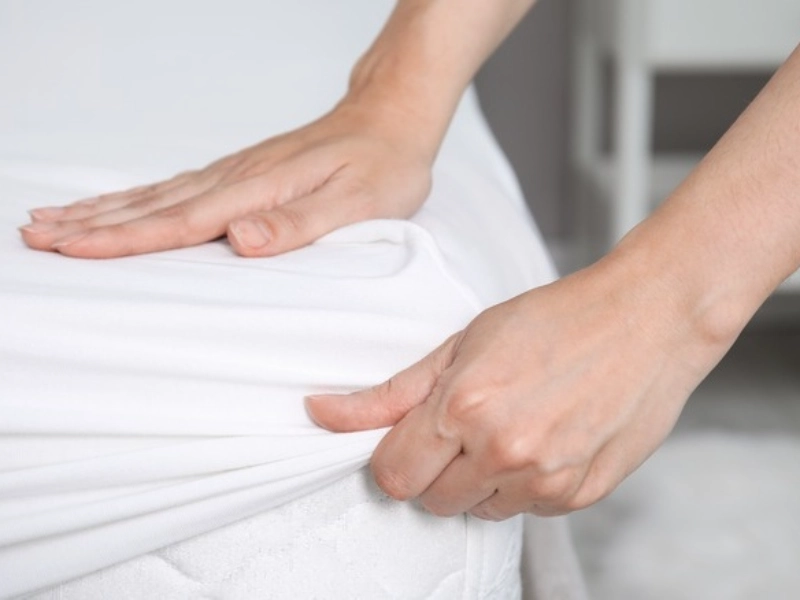The Bedtime Hack That's Changing Lives: Soap Under Your Sheets?
Advertisement
2. The Science Behind the Soap: Fact or Fiction?

Advertisement
Although the under-sheets hack for the soap has attracted a dedicated following, opinions among scientists on its effectiveness remain split. There are no comprehensive, peer-reviewed research that unequivocally support this approach. Many hypotheses, meantime, try to explain why it might work for some people. One well-known theory holds that soap might release ions meant to help muscles relax and ease cramps. Advocates of this hypothesis contend that the chemical components in soap—especially those including magnesium—could be inhaled or absorbed via the skin or evaporate and cause muscle relaxation.Still another view emphasizes the placebo effect. Placing soap under the blankets might generate a psychological anticipation of alleviation that might result in real physical advantages. Medical studies clearly show this phenomena, which could help to explain why some people get good results from this approach. Some studies suggest that the soap bar's texture could gently stimulate the legs throughout the night, therefore possibly halting the cycle of muscular cramps or restless leg sensations. This tactile input could function similarly to other physical therapies applied in the management of certain diseases.Critics of the soap under sheets hack contend that any apparent advantages are probably the result of coincidence or the normal ebb and flow of symptoms linked with disorders like restless legs syndrome. They note that many people who use this approach could be concurrently beginning other treatments or making other lifestyle changes, therefore it is challenging to separate the effects of the soap by itself. Furthermore complicating attempts to investigate this phenomenon scientifically is the absence of standardizing in the sort of soap used and its position under the sheets.Notwithstanding the doubts, some medical professionals have started to pay attention to the anecdotal data supporting this approach. Although some doctors admit that it's a benign intervention that might help certain patients, they might not advise it as a first-line treatment. This openness to other strategies has sparked greater investigation on the possible mechanisms behind the soap under sheets hack; some researchers advocate more thorough clinical studies to assess its efficacy.
You May Like
Advertisement

